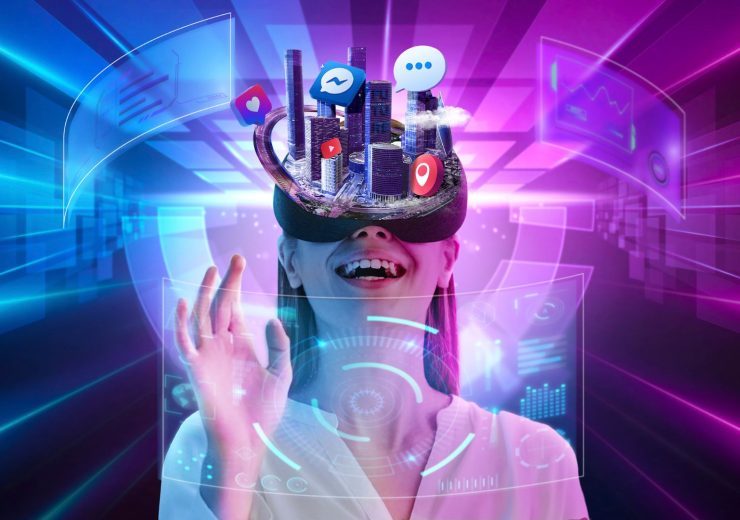How AI is Shaping the Future of Sports and Athlete Performance
How AI is Shaping the Future of Sports and Athlete Performance
The integration of Artificial Intelligence (AI) into the sports industry is transforming athletic training, performance analytics, injury prevention, and fan engagement. AI’s ability to analyze vast amounts of data quickly and with high precision is providing unprecedented insights that are making sports more competitive, safer, and more engaging. This article explores the profound impact of AI on sports and how it is shaping the future of athletic performance.
AI in Sports Performance and Training
Enhanced Performance Analytics
AI systems are employed to analyze every aspect of athletic performance, including speed, agility, and technique. These systems use sensors and video analysis to provide coaches and athletes with detailed feedback that can be used to fine-tune performance and strategy.
Virtual Coaching and Personalized Training
AI-powered virtual coaches are becoming more prevalent, offering personalized training programs to athletes based on their unique physical condition and performance goals. These AI coaches can adjust training regimens in real-time based on the athlete’s progress and fatigue levels.
Injury Prevention and Management
AI is instrumental in predicting and preventing injuries. By analyzing data on athletes’ training loads and biomechanics, AI can identify risk factors for injuries and recommend interventions to mitigate these risks. Additionally, AI-driven robotic rehabilitation aids athletes in recovering from injuries with exercises that adapt to their recovery stage.
AI in Game Strategy and Tactics
Real-time Game Strategy
AI algorithms are capable of analyzing game data in real time to offer tactical advice. In sports like soccer, basketball, and baseball, AI systems can suggest optimal formations and strategies based on the current state of the game and historical data of opponents’ tactics.
Opponent Analysis
AI tools help coaches and players understand their opponents’ strategies by analyzing game footage and performance statistics. This provides teams with insights that can be used to devise effective counter-strategies.
AI in Sports Media and Fan Engagement
Automated Content Creation
AI is used to generate sports news, updates, and summaries quickly, enabling fans to get real-time information about their favorite teams and athletes. AI can also create personalized content feeds based on a fan’s interests and past viewing behaviors.
Enhanced Viewing Experiences
AI enhances live broadcasts with features like automated highlights, real-time statistics, and predictive insights, improving the viewing experience for fans. For example, AI systems can highlight key moments in a game or provide stats and probabilities that add depth to the commentary.
AI in Talent Scouting and Management
Talent Identification
AI helps in identifying up-and-coming talents by analyzing performances across different levels of sport. Machine learning models can predict future stars by recognizing patterns in performance metrics that correlate with professional success.
Contract and Salary Optimization
AI tools are used to optimize contract terms based on an athlete’s performance metrics, market value, and potential. This helps teams make financially sound decisions when signing new players or renewing contracts.
Challenges and Ethical Considerations
Fairness and Bias
Ensuring AI systems in sports are fair and unbiased is crucial. There is a risk of bias in data that AI systems train on, which could lead to unfair advantages or disadvantages for certain athletes or teams.
Privacy Concerns
As AI systems require access to a lot of personal data, protecting this data is paramount. Athletes and teams need to be assured that their data is handled securely and with respect to privacy laws.
The Future of AI in Sports
The future of AI in sports promises even greater integration of technology in athletic training, performance analysis, and fan interaction. Innovations such as augmented reality experiences for fans and more advanced biomechanical models for injury prevention are on the horizon, set to further revolutionize the sports industry.


